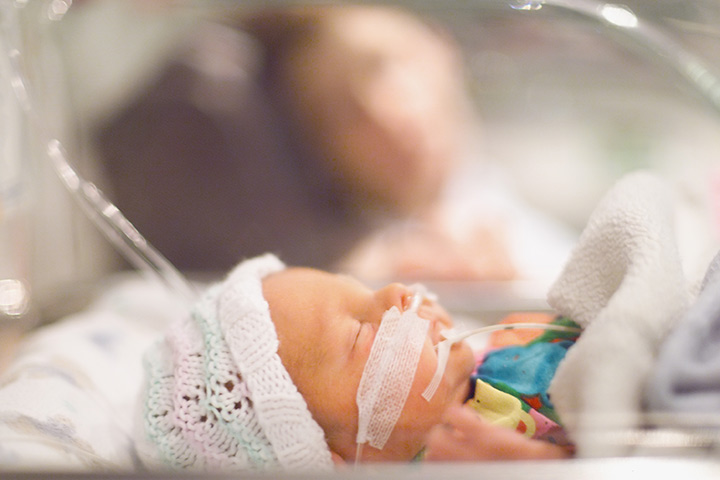
Image: Shutterstock
The moment you become new parents, you start dreaming about how your child will turn out as an adult. Even if the baby can’t do any more than cry, smile, eat or poop, it is difficult to resist gazing into their little face and wondering how they’ll be like few years down the lane. Will he/she become an extrovert who’s the life of the party or become an introvert who gets shy with others? Will they be a dancer perhaps, or even a scientist? You’ll get to know most of this as time passes. However, the first year of your child indeed provides signs to figure out the picture of their future-self.
All your prayers have been answered because science says so too. A new study says that you can find the clues for your kid’s intelligence using the baby’s poop.
Yes, you read that right!
An analysis of an infant’s first stool can indicate the level of intelligence, or if the child is prone to problems in cognitive development, research says (1). Researchers from Case Western Reserve University explain that increased levels of FAEE (fatty acid ethyl esters) found in anewborn’s first stool (meconium) from a mother’s alcohol intakeduring pregnancy can indicate if thechild might bevulnerable to develop cognitive problems in his teenage years.
1. The Type Of Bacteria Dictates Whether Or Not Babies Excel In Cognitive Tests
The researchers examined poop samples from 100 one-year-old babies. After the examination, they found that the ones who have higher levels of the bacterial genus Bacteroides scored better in the cognitive tests compared to the other clutter. Additionally, babies who have highly diverse gut microbiomes could not perform well as the ones who have less diverse microbiomes (2).
This assessment was done using the Mullen Scales of Early Learning (3). It involves a string of developmental tests that entail examining both fine and foul motor skills, language development and perceptual abilities.
As Rebecca Knickmeyer, the associate professor of psychiatry at University of North Carolina School of Medicine, explains, that this was the first ever time a link between microbial communities and cognitive development has been shown and further demonstrated in humans.
2. Probiotics Can Boost Brain Development
While probiotics are known to boost the growth of good bacteria in the body, the researchers clarify that they are not in a position to give everybody a certain probiotic. That being said, the findings of the study revealed that the gut bacteria play a major role in enhancing a baby’scognitive skills before the age of one.
“These results suggest you may be able to guide the development of the microbiome to optimize cognitive development or reduce the risk for disorders like autism which can include problems with cognition and language,” said the researchers.
By demonstrating the effects of probiotics on the brain, the research has also raised the question about the repeated use of antibiotics and how they might affect the mind. This is because antibiotics are heavily used in neonatal intensive care units and in childhood respiratory tract infections and that such a suppression of the normal bacteria may pose long-term consequences on cognitive development.
Though most of these claims seem far-fetched, the researchers seem confident that this is the initial step to finding more promising discoveries. As far as moms and dads are concerned, it is always exciting to know new ways which will help them get to know their little one even better, albeit by the dirt in their diapers!
What do you think about this study? Leave your thoughts in the comments below to let us know.














